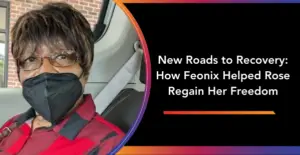
In Columbia, South Carolina, Rose Harris’s life took an unexpected turn when she suffered a stroke. A retired teacher and lifelong advocate for her community, Rose was known for her energy and passion. However, the aftermath of the stroke left her grappling with limited mobility and a sense of isolation she had never felt before.
“I’ve always been someone who helps others, but suddenly, I couldn’t help myself,” Rose shares.
Strokes are one of the leading causes of long-term disability in the United States, affecting nearly 800,000 people annually according to the CDC. For survivors like Rose, the challenges extend far beyond physical recovery. Everyday tasks—like getting to the doctor, grocery shopping, or visiting friends—become daunting hurdles without reliable transportation.
Before her stroke, Rose navigated Columbia’s streets independently. Afterward, even short trips became overwhelming. Public transportation was overwhelming, and taxis or rideshares were not always accessible. Rose remembers the frustration of missing crucial follow-up medical appointments, which delayed her recovery.
“I felt like I was stuck at home, watching the world go by without me,” she says.
That’s when Feonix – Mobility Rising stepped in.
Through Feonix’s mobility services, Rose gained access to reliable, affordable transportation tailored to her needs. Whether it was a ride to physical therapy or to the community center, Feonix ensured she could regain her independence and re-engage with her life.
“Feonix didn’t just provide transportation—they gave me back my confidence,” Rose says. “I could finally focus on my recovery instead of worrying about how to get there.”
Today, Rose is thriving. She attends regular therapy sessions and participates in a senior wellness group where she shares her journey with others facing similar struggles. Her days are once again filled with purpose, whether it’s reading to children at the library or enjoying time with friends.
The Impact of Transportation on Stroke Recovery
Rose’s story is a powerful reminder of the role transportation plays in health outcomes. Research shows that nearly 30% of stroke survivors miss medical appointments due to lack of transportation, which can delay recovery and increase health risks. Reliable mobility solutions, like those provided by Feonix, are essential for improving access to healthcare and community resources.
According to the National Stroke Association, participation in rehabilitation programs significantly improves recovery outcomes, yet access to these programs is often limited in underserved communities. By bridging this gap, Feonix ensures survivors like Rose can access the care they need to regain independence.
Columbia, SC
Columbia, the capital city of South Carolina, is a vibrant community rich in culture and history. Yet, like many mid-sized cities, transportation barriers persist—especially for seniors and individuals with disabilities. For stroke survivors, these barriers can make an already challenging recovery even more difficult.
Through a partnership with The COMET, Feonix has expanded their mobility network to addresses the unique needs of Columbia’s residents in times like these. From accessible rides to community programs, Feonix is empowering individuals like Rose to stay connected and engaged.
A New Chapter
For Rose, the journey after her stroke has been one of resilience, courage, and hope. With the support of Feonix – Mobility Rising, she has reclaimed her independence and found new ways to contribute to her community.
“I’m proof that it’s never too late to get back on your feet,” Rose says with pride. “Thanks to Feonix, I’m living my life again.”
Through innovative mobility solutions, Feonix continues to transform lives, proving that transportation is more than just a ride—it’s a pathway to recovery, independence, and opportunity.
Sources:
- Centers for Disease Control and Prevention – Stroke Facts
- National Stroke Association – Rehabilitation Statistics
